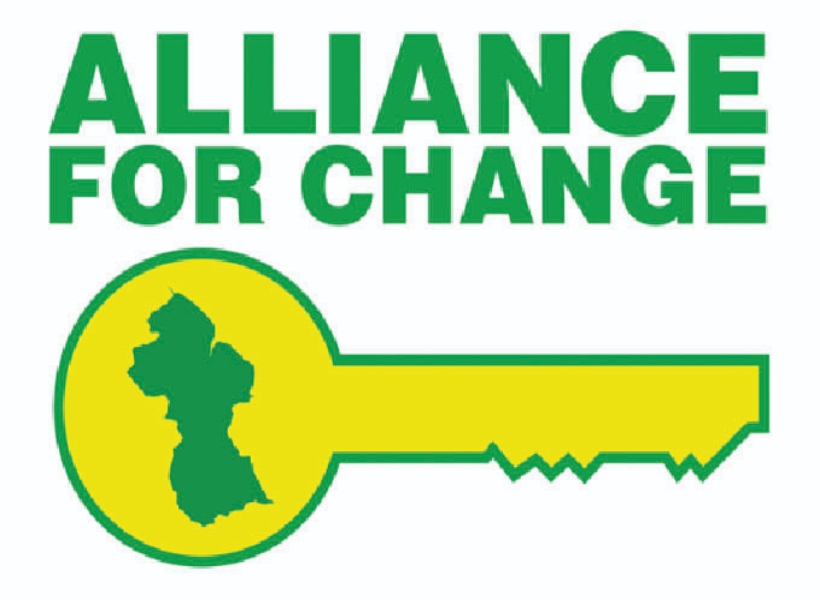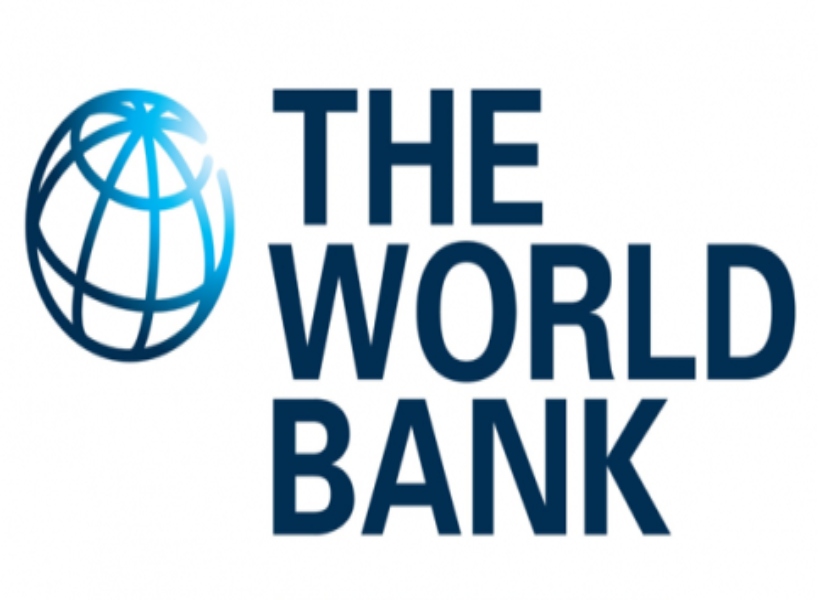Without active management, the inflow of oil revenues can harm rather than help a country. As such, the World Bank is urging the Government of Guyana, for the fifth time, to improve its Public Financial Management System. A circular regarding this matter was seen by this news agency. The document was issued to the Ministry of Finance on Friday.
The World Bank reminded the Finance Ministry that strong public financial management (PFM) systems are essential for effective and sustainable economic management and public service delivery. To cement the importance of strong PFMs, the World Bank laid out in a total of 63 pages, the dire consequences suffered by Chad and Nigeria.
The financial institution noted that billions of dollars flowed into Chad’s treasury because of resource extraction. In fact, 70 percent of government revenues come from oil. However, weak systems for financial accountability saw large portions of the oil money being squandered. The money did not translate into human development.
With regard to Nigeria, the World Bank told the Finance Ministry that this African state reformed its public procurement process in 1999. Previously, on average, US$300 million was lost each year in corrupt practices. Since reform and strengthening of its PFM, the Nigerian government saved an estimated US$1.5 billion between 2001 and 2007.
With the foregoing in mind, the World Bank said that improvement in public spending management is necessary and can take the form of both an increase in the capacity to choose appropriate spending plans and incentives for institutions to make decisions without political interference.
In Guyana’s case where there is low institutional capacity, the Bank said that it may be politically easier to introduce improved, stricter management rules for new spending projects than to reform existing spending. It stressed however that the Government should aim for several things so as to improve its “highly weak public financial management systems which allow for annual misappropriation and wastage of tax dollars.”
It said that this would involve public, multi-year plans that allow coordination of spending projects, and greater certainty for the private sector; competitive, public and transparent procurement; oversight and internal controls; pre-approval measurement of the costs of major expenditures against their likely social and economic benefits; and public, independent audits of spending projects, for both oversight and to help government improve its spending processes.









